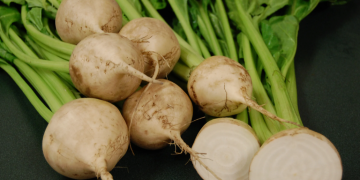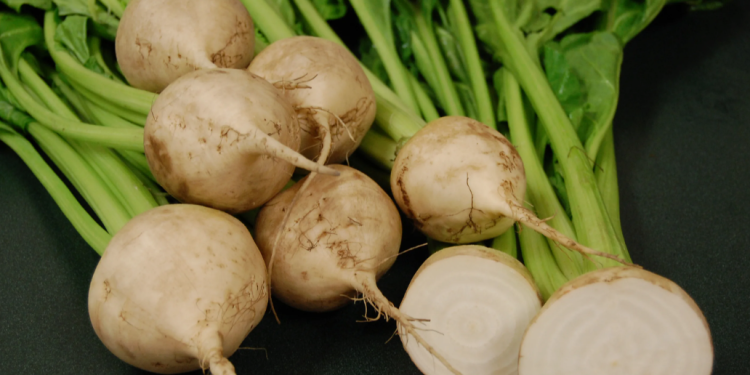#Orlovsugarfactories #beetpulp #sugarproduction #wastemanagement #agriculturalsustainability #exportpotential #animalfeed #sustainableagriculture, agricultural innovation, sugar beet industry
Orlov’s sugar factories have discovered a lucrative opportunity by exporting waste products from their production. Beet pulp, a byproduct of sugar production, has shown remarkable export potential. Learn how these sugar factories are transforming waste into profit and contributing to sustainable agriculture.
In the heart of Orlov, sugar factories have commenced the processing of the latest sugar beet harvest. The beets have already made their way onto the factory conveyor belts, marking the beginning of another productive season. However, what sets this year apart is the remarkable reduction in waste associated with sugar production.
The primary byproduct of the sugar beet industry is beet pulp – the leftover shavings and remnants of beets that have already yielded their sugar content. Surprisingly, these sugar factories have found a thriving export market for this often overlooked waste product. Beet pulp is now being used as animal feed, expanding its potential utility.
To put things into perspective, four sugar factories in Orlov have started processing thousands of tons of sugar beets, each equipped with specialized beet pulp drying facilities. In just the first week of September, an astonishing 3.4 thousand tons of sugar have been produced.
Data from the Ministry of Agriculture indicates that the export of beet pulp has experienced a significant upswing in recent years. The demand for high-quality animal feed in various international markets has created a robust market for this byproduct. In 2022 alone, Orlov’s sugar factories exported over 10 thousand tons of beet pulp, generating substantial revenue and supporting the local agricultural economy.
The success story of Orlov’s sugar factories is not only an economic win but also an environmental victory. Minimizing waste in sugar production not only reduces disposal costs but also contributes to a more sustainable agricultural ecosystem. Beet pulp, once considered a waste product, has now become a valuable resource in the quest for a greener and more efficient farming industry.
Orlov’s sugar factories have demonstrated that innovative thinking and sustainable practices can turn waste into profit. By exporting beet pulp, they have tapped into a thriving global market while also reducing their environmental footprint. This success story serves as an inspiration for farmers, agronomists, agricultural engineers, and scientists in the agricultural field, highlighting the importance of exploring novel ways to make the most of every resource in the pursuit of a sustainable and profitable agricultural sector.































